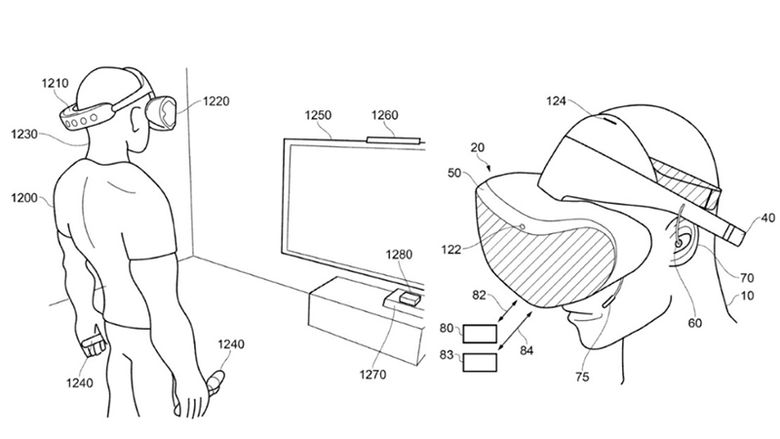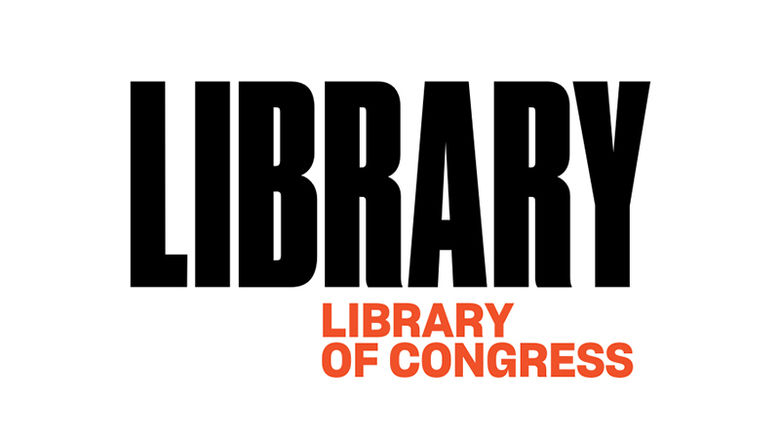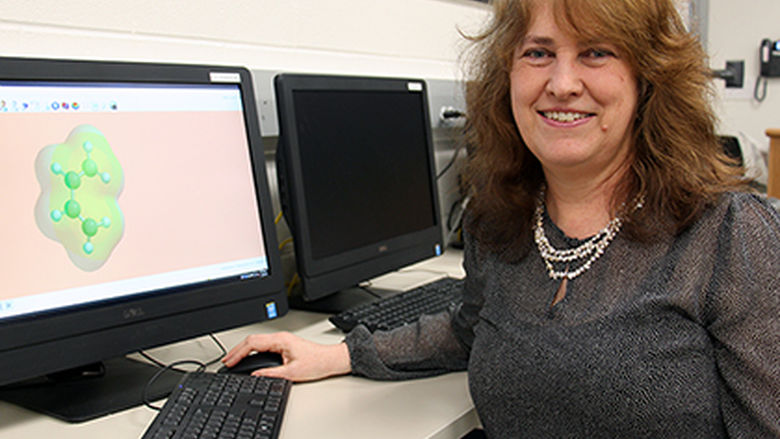
Sadan Kulturel-Konak
READING, Pa. -- Two Penn State Berks faculty members recently were honored by the American Society for Engineering Education (ASEE) for their research. A paper co-authored by Sadan Kulturel-Konak and Abdullah Konak, among others, titled, "Assessment of Progressive Learning of Ethics in Engineering Students Based on the Model of Domain Learning," was recognized as the ASEE Best All-Zones Paper for 2018.
Only one paper is honored with this prestigious recognition nationally each year. The awardees will be recognized at the 2019 Annual Conference, held June 15-19 in Tampa, Florida, where they will receive a plaque at the Annual Awards Ceremony. They will also share a $3,000 award from ASEE in recognition of their significant contributions to engineering education, and they will make a presentation at a plenary session.
The paper's authors include Kulturel-Konak, Konak, Ivan Esparragoza, Gul Kremer and Kristen Lee, and was supported by a grant from the National Science Foundation (NSF). The selection was made among the best zone papers from 2018 in all ASEE Zones, which includes four zones overall in the United States. The paper also previously received Mid-Atlantic Section and Zone Best Paper Awards.
Kulturel-Konak, professor of management information systems at Penn State Berks, is the principal investigator for the NSF project, which puts forward a novel uniform assessment framework based on the theory of Model of Domain Learning (MDL) to assess student development in various professional skills across multiple disciplines. According to Kulturel-Konak, the dynamics of a new global economy require new college graduates to have not only excellent technical foundations but also strong professional skills to be successful in their career choices. Therefore, this MDL-based assessment instrument will be used to obtain insight and unanticipated information about the learning process to determine actions for curriculum development and continuous quality improvement in higher education.
This paper presents the results of an assessment instrument designed to evaluate the progressive learning of ethics in the engineering curriculum. The results show that the instrument successfully captures the ethics skill development in engineering education taking into consideration the components and stages of learning described by the MDL framework.
For additional information on this research, contact Kulturel-Konak at 610-396-6137 or SXK70@psu.edu.





